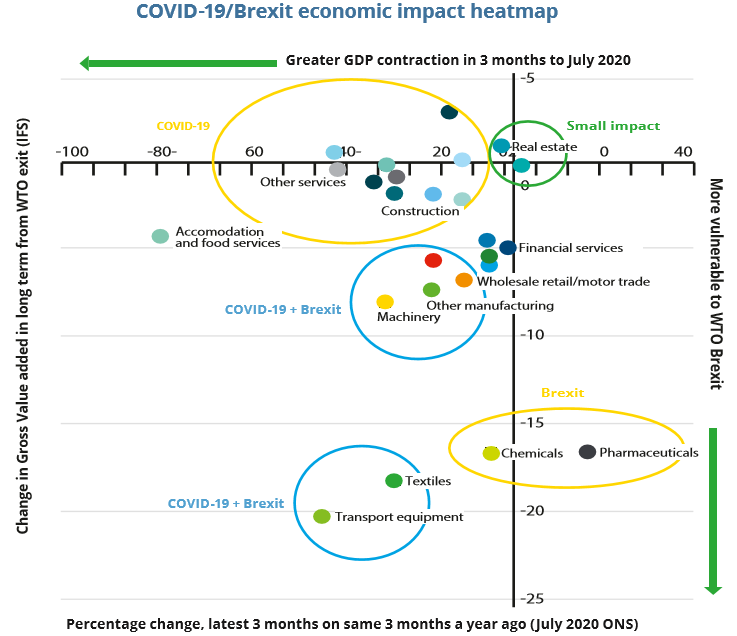
Even at this late stage there is a deal to be struck in UK/EU talks. I've tried to set out a landing zone on fishing for @POLITICOEurope. With both sides facing immense health & economic challenges a deal is more important than ever. Here is my proposal 1/ politico.eu/article/opinio…
There look to be three big areas of disagreement on fish.
1) Length of transition to new quota shares
2) Exact mount by which EU quota in UK waters is reduced
3) What happens in future if EU quota falls further or access is changed
Let me take each in turn. 2/
1) Length of transition to new quota shares
2) Exact mount by which EU quota in UK waters is reduced
3) What happens in future if EU quota falls further or access is changed
Let me take each in turn. 2/
On length of transition. UK wants 3 years, EU 7 years. 5 years seems a fair compromise. Allows both sides time to adjust. From UK perspective, UK fleets can build up in anticipation of new quota they know they'll get. Its also a lot longer than any other sector has to prepare 3/
On quota reduction. UK is seeking 60% reduction in current EU quota share in UK waters. EU offering 25%. I'd think 35% would be a reasonable starting position at end of transition (phased in over the 5 years). 4/
But, importantly, this shouldn't be a permanent agreement. As with all other fisheries agreements, this will be negotiated on a multi-annual basis. So quota shares and access to UK waters could change in the future. 5/
The trickiest difference is on what happens if that quota/access does change. It does not make sense to reopen the entire FTA every time fisheries is negotiated. This would cause huge uncertainty for businesses on both sides. 6/
Equally, it is clear EU won't accept no link between fish & wider FTA. Therefore, I'd propose that if quota/access does change in future an independent arbitration panel can determine the value of that loss to EU. 7/
The panel would then allow or recommend EU take remedial measures across the rest of the FTA of equal value. Furthermore, the FTA will include a termination clause. As such it remains open to the EU to give notice of termination if it isn't happy with fisheries outcome. 8/
This though would be a last resort option, rather than a first resort option as has been suggested so far. It would likely trigger a period of negotiation on all issues including fish (though the politics post termination would of course be very difficult). 9/
As with any compromise, this isn't perfect. But there is something in there for both sides. From EU perspective it secures continued access & quota in UK waters & offers a sensible phase in so there is no cliff edge for their fishing industry. 10/
From the UK side there are a number of benefits. Currently UK vessels catch roughly 40% by volume & 55% by value of fish in UK waters. Under this proposal that would increase to over two thirds of the value. Worth between €140m - €200m for UK fishing industry. 11/
It would also secure the circa €100m in fish which UK vessels catch in EU waters. Meaning a significant gain in the value of fish caught by UK vessels & indeed no loss from now. 12/
The approach would also secure zero tariff & quota on UK fish/related products sold into the EU worth €130m pa. Quota & catch are only one side of the equation. Just as important is securing tariff free access to EU market, to ensure the value of the catch can be maximised 13/
These are not numbers to be sniffed at. They will help secure the revival of the UK fishing industry. Whatever happens, that will take time. Compared to 1990 UK fishing employs 50% fewer people. It cannot recover over night. 14/
The alternative on fishing is not pretty for either side. EU vessels with no access or quota in UK waters from day one. UK vessels with no ability to catch additional quota nor ability to compete on price in EU market. 15/
Stepping back, the wider deal also looks to meet UK aims. It sees UK: leave single market & customs union, end free movement of people, end ECJ in UK, end any regulatory alignment & be able to strike on trade deals. That delivers on the referendum - by any definition 16/
Even on state aid & fishing, the outcomes will be a world away from EU's opening proposal of maintaining status quo. I must give huge credit to @BorisJohnson & @DavidGHFrost for the outcomes they have secured. Indeed, they've done better than I expected in many areas 17/
Finally, with everything else going on it would be a damning political & diplomatic failure for all if two close allies in the UK & EU could not agree on their future trade terms. There is a sensible deal on the table for both sides, it is not too late to grasp it. 18/ ENDS
• • •
Missing some Tweet in this thread? You can try to
force a refresh



